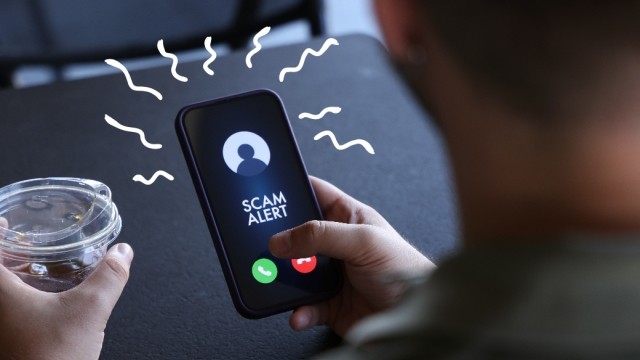Phone scams continue to be a big business

For many of us, when the phone rings, it means there’s an emergency. Our kid is sick and needs to come home from school. Our partner’s car broke down and they need a ride. Aunt Edna passed away.
But just as likely, it’s a phone scammer, with their own “emergency.” They need you to wire money or deliver gift cards to a stranger to pay off an overdue tax bill. Scammers are very prolific — more than 500 million phishing attacks were reported in 2022. And if you’re not careful, they can be very convincing — more than $52 million was lost last year due to scammers. So it’s important to know what to look for.
Phone scams follow a general script, it’s just the details that vary: There’s an urgent situation that needs to be addressed either by you sending money or divulging personal financial information. Common ones include:
- The IRS is calling to collect back taxes and if you don’t respond, “law enforcement action” will proceed.
- Tech support from a computer company says there is a virus on your computer that needs to be removed.
- You’ve won a lottery, but first you need to wire money to the caller so he or she can collect it.
When it comes to avoiding scams, take charge and do not agree to a stranger’s requests. Here are ways to protect yourself from phone scams:
- Be wary of unsolicited phone calls. Screen your calls and let unfamiliar numbers go to voice mail.
- If you do find yourself on a suspicious call, resist pressure to act immediately.
- If you think a call might be legitimate, ask to call back. Then look up the number yourself.
- Follow the old adage: If it seems too good to be true, it probably is.
Your security and peace of mind are important to us. If you ever feel you’ve been targeted for a scam or that your financial information may have been compromised, report it immediately. Call OCCU at 800.365.1111, visit a branch or log in to MyOCCU Online & Mobile to send a secured message.


